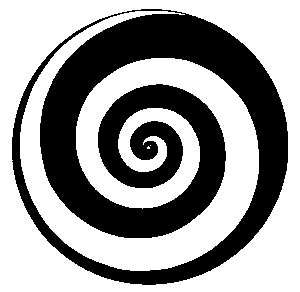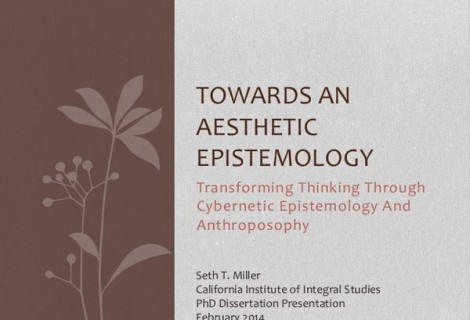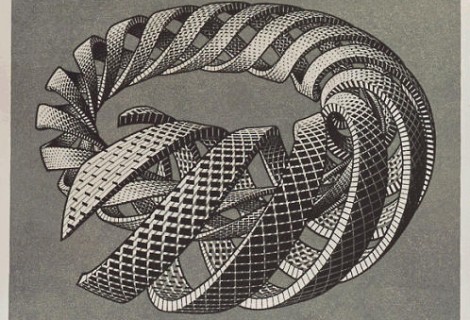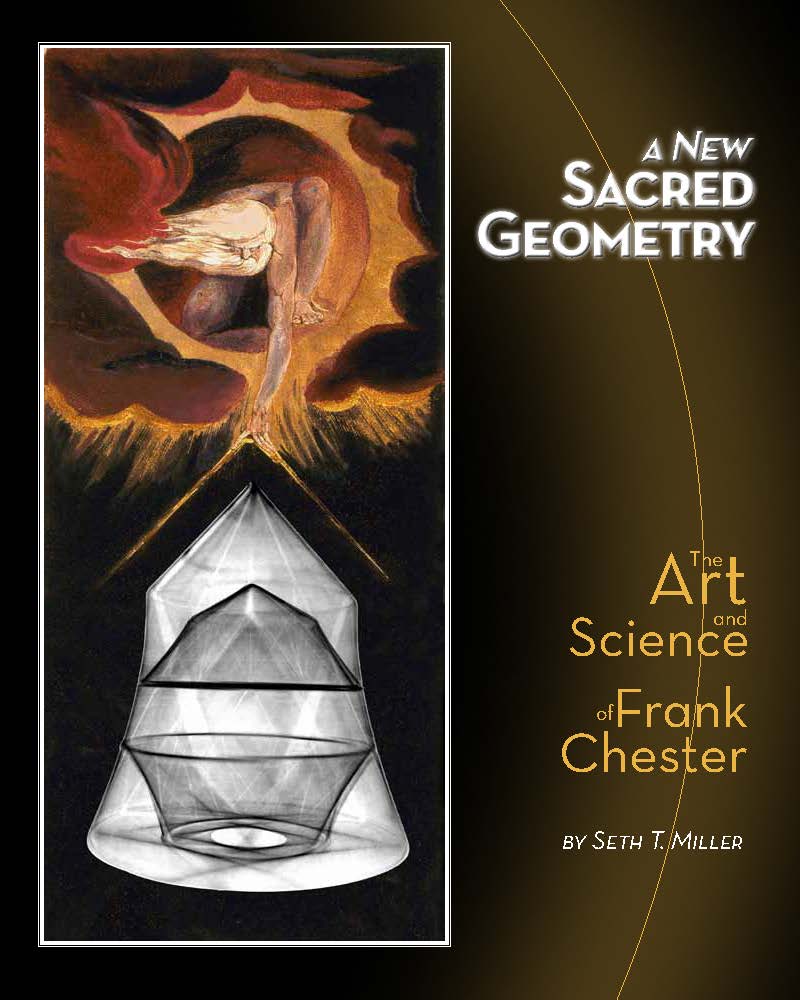A Theoretical Beginning
Every moment of transformation enacts an epistemology. Part of what it means to be human is to have the potential to awaken to this fact, and more: to recognize that the recognition of the inescapable relation between action and epistemology leads to the unfolding of a life-long quest and question: how do I know? Exploration of this question, always implicitly present but seldom asked, yields consequences for the entirety of human life, from the most mundane actions to the deepest soul struggles. Once one sees that it is impossible, as a living system, to escape epistemological concerns at even the most trivial level, such concerns form an ever-present background to the unfolding of one’s life.
Epistemology, as a study of patterns at work in the arising of thinking as a process, has long been a concern of philosophers and scientists, but its significance has been largely missed outside these disciplines, and within them has continued primarily as one sub-specialty among many, without recognition that epistemology is the sub-specialty which truly lies “below” and interpenetrates the entirety of the rest of the disciplines, which implicitly rely upon it for their very foundation. Yet this holds true not just for academic disciplines, but for much, much, wider realms.

Cybernetic epistemology is in a unique position. On the one hand it attempts to describe the most fundamental patterns at work in thinking as an abstraction, divorced from any particular mechanisms by which a knowing system knows. That is, cybernetic epistemology attempts to take as its subject patterns of thinking that could be equally applicable to a human, a mouse, a cell, a computer program, or a dispersed ecology consisting of many sub elements. We could say that cybernetic epistemology is concerned with the laws of knowing systems. Yet at the same time, cybernetic epistemology is quite aware of the fact that this very activity of thinking about the laws of thinking inevitably takes place within the whole human being. Recursion is thus the central feature of cybernetic epistemology.
Cybernetic epistemology therefore reveals that every epistemology must include itself, and indeed this is one way of describing its central goal. For this reason we can call cybernetic epistemology a self-reflexive epistemology, which unveils a profound singularity hidden within all epistemologies, waiting like a doorway to some incomprehensible potential, some radical unknown. Indeed in the long history of epistemology the fear of the consequences of this singularity, of its radically undermining nature, can be seen as playing a significant role in the driving of epistemology to look outside itself for its own foundations, to search for some source upon which knowledge can rest which itself is not subject to the same search. That all such programs are doomed to end before their stated goal has been perhaps the key insight of postmodernism; yet postmodernism admits defeat too easily, yielding up the search itself as fruitless, and thus unwittingly recapitulates the error it just discovered.

While on the one hand we cannot dispense with or ignore the radically recursive nature of the problem, this does not mean that we must abandon all extant knowledge as somehow “merely contingent”, and useless for the task at hand. If cybernetic epistemology must be situated in the activity of the human being as a whole, then it is just this activity that forms a part of the process by which cybernetic epistemology must discover itself. But cybernetic epistemology, as the logos of recursive patterns of thinking, is not capable by itself of illuminating what lies beyond thinking; to this it can only point. To say it differently, the human being’s capacity for thinking is only a part of the whole of the human being. Even if it is only in thinking that thinking may become subject to itself, and thus discover the laws by which it unfolds, this thinking always and necessarily points beyond itself, towards what is unthought by the human being but still a part of the human being as a whole. 
As previously mentioned, cybernetic epistemology recognizes and partakes of this self-reflexivity, but simultaneously reveals that this self-reflexivity is not immediately available to the rest of the human being’s capacities, and that thinking as a human capacity arises in some way that is inseparable from those other capacities. Cybernetic epistemology recognizes that it relies upon that which it cannot disclose to itself. How then can cybernetic epistemology proceed? If thinking recognizes that thinking arises by virtue of more than thinking itself, what can be done?
The situation seems dire. In attempting to find its foundation, thinking reaches its limit, the event horizon of its activity, beyond which it cannot peer without losing itself. But we humans are intrinsically whole – just as we are intrinsically divided. Being a divided/whole, or a whole/divided, simply means that we are an ecology: multi-layered, self-interacting, complex, ever changing, and mysterious. We have multiple capacities, of which thinking is only one, and it is to these other capacities, to their integration in us as a whole, that thinking must turn if it is to know itself through us.
Anthroposophy, as human wisdom, is the study of the human being as a whole. It approaches the human being as a complex, multi-layered, evolving ecology, an ecology that includes not only material components but soul and spiritual aspects as well. It seeks to view the human being using methods that do justice to this full complexity: rather than simply having as its goal the unveiling of this complexity to thinking, as if it were enough to simply be able to render into thought all that lay outside of thinking, anthroposophy aims at a much more profound goal, the transformation of thinking itself, and the whole human being of which thinking is a part. In other words, the discovery that thinking must look beyond itself for its own foundation doesn’t mean that thinking must necessarily fail to discover for itself the origins of its own activity, but rather points to the need for thinking to transform itself precisely when it becomes self-reflexive.






Trackbacks for this post